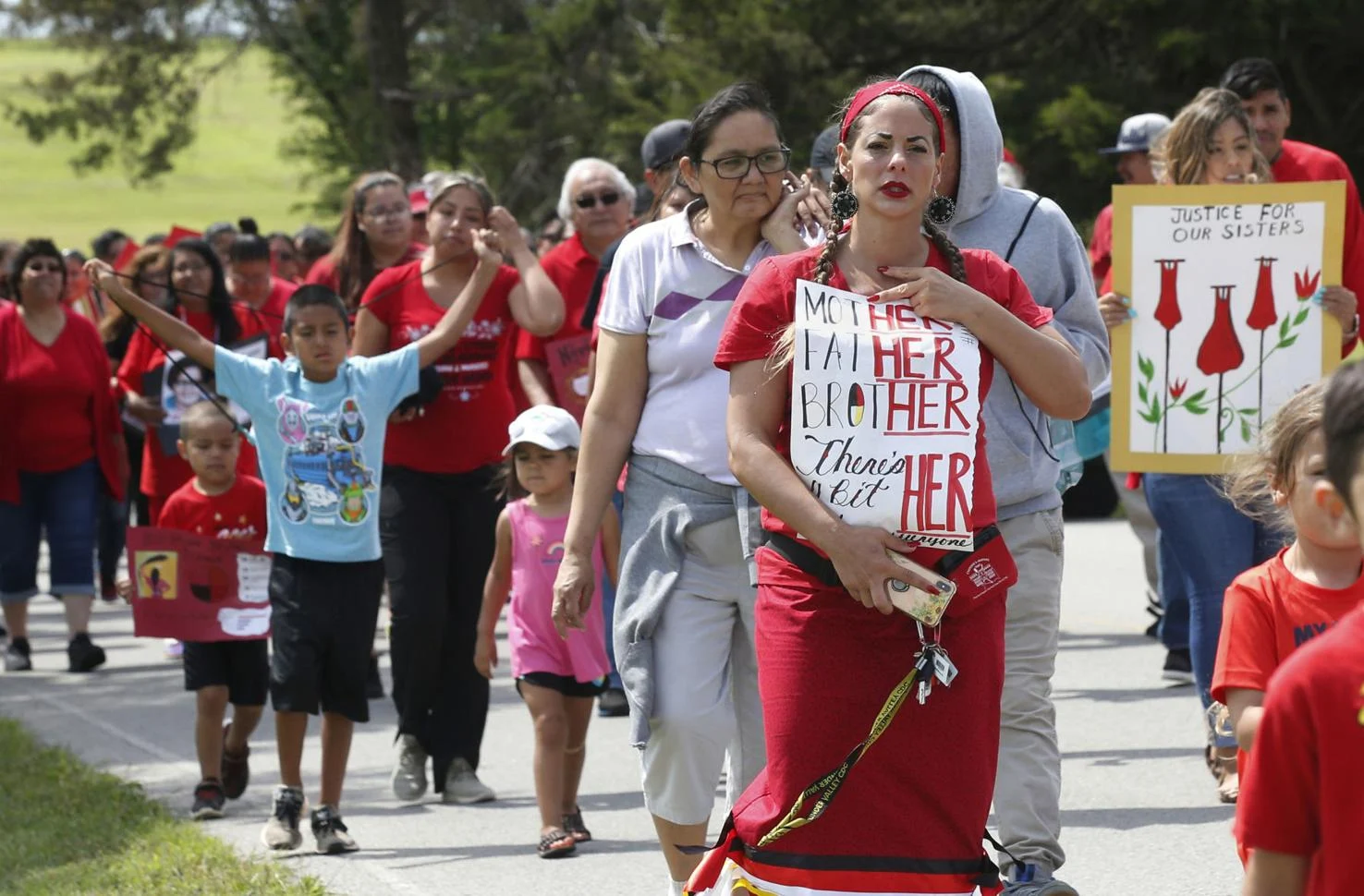
- Details
- By Hannah Metzger - Colorado Politics
More than four out of five Indigenous people in the U.S. have experienced violent crime, according to national data. Those are some of the highest rates of violence for any demographic, with Indigenous women nearly three times more likely to be murdered than white women. Colorado lawmakers are seeking to address this disparity with a new bill to improve investigations into missing and murdered Indigenous people.
If enacted, Senate Bill 150 would create the Office of Liaison for Missing and Murdered Indigenous Relatives to facilitate the investigations and provide other supports. The bill would also create an emergency alert system to report active crimes and a community advisory board to help lead the office.
“Indigenous people across the state and across the country experience violent crime at an extraordinarily high rate,” said bill sponsor Sen. Jessie Danielson, D-Wheat Ridge. “For far too long, the state of Colorado has turned their backs and ignored the problem. Finally, this year we are acknowledging the problem … and coming to the Senate and the House with a solid solution.”
The state Senate passed the bill Friday in a 24-9 vote, sending it to the House for consideration.
Friday’s vote came after more than two dozen people testified in support of the bill in March, including numerous members of local Indigenous tribes, such as the Southern Ute Indian Tribe, Navajo Nation and the Northern Arapaho Tribe. No one testified against the bill.
Many of the Indigenous people who testified for the bill were personally impacted by the disproportionate rates of violent crime. Daisy Bluestar of the Southern Ute Indian Tribe said her aunt was murdered in Denver and it took more than two decades before her family learned what happened.
“Her case went cold for over 20 years and there were no answers for me, my family, any of us,” Bluestar said. “We needed that alert system. We needed answers. Our family cried for over 20 years not knowing where our aunt went. We have a relative from our Ute Tribe who’s missing today. Where is he at? Where is his alert system?”
Leaders of Indigenous tribes said they cannot access the state’s emergency alert systems such as AMBER Alter, making it difficult to spread the word when someone is missing. Because these crimes usually also lack mainstream news coverage, the families of victims can only turn to social media for help.
Chairman Manuel Hart of the Ute Mountain Ute Tribal Council said his tribe also struggles with law enforcement jurisdiction. The tribe falls under the federal Bureau of Indian Affairs Police, in addition to local law enforcement agencies of three different states. He said crimes also occasionally spill into their neighboring tribe Navajo Nation which has its own systems.
Vice Chairman Ramona Eagle from the Southern Ute Indian Tribe said her tribe has been left to investigate their missing and murdered cases itself, a task she said they do not have the capacity to handle.
“In the past 15 years, our tribe has worked on 10 cases dealing with missing and murdered persons, and seven of those persons were Southern Ute Tribe members. The other three persons were affiliated with other tribes. In addition, the tribe is currently investigating three suspicious cold case deaths,” Eagle said. “This epidemic has impacted my family personally. My daughter, Sadie R. Frost, was murdered in 1995.”
Under the bill, the new office would assist on investigations involving Indigenous victims, review cases and develop best practices, data collection and training for law enforcement agencies. The office would also assist families and tribes in how to navigate the system and would coordinate between federal, state and local law enforcement agencies and organizations.
The bill would require the Colorado Bureau of Investigation to publish a database on missing Indigenous people and notify tribes and media outlets when it gets a report of a missing or murdered Indigenous person.
All nine senators who voted against the bill Friday are Republicans. Though none offered comment on their vote, several conservative lawmakers have recently raised issue with Colorado’s expanding government. In the last three years, the state has added more than a dozen new state offices, a new state department and other governmental structures.
This story is reprinted with permission from Colorado Politics.
Help us defend tribal sovereignty.
At Native News Online, our mission is rooted in telling the stories that strengthen sovereignty and uplift Indigenous voices — not just at year’s end, but every single day.
Because of your generosity last year, we were able to keep our reporters on the ground in tribal communities, at national gatherings and in the halls of Congress — covering the issues that matter most to Indian Country: sovereignty, culture, education, health and economic opportunity.
That support sustained us through a tough year in 2025. Now, as we look to the year ahead, we need your help right now to ensure warrior journalism remains strong — reporting that defends tribal sovereignty, amplifies Native truth, and holds power accountable.
 The stakes couldn't be higher. Your support keeps Native voices heard, Native stories told and Native sovereignty defended.
The stakes couldn't be higher. Your support keeps Native voices heard, Native stories told and Native sovereignty defended.
Stand with Warrior Journalism today.
Levi Rickert (Potawatomi), Editor & Publisher
